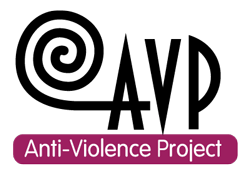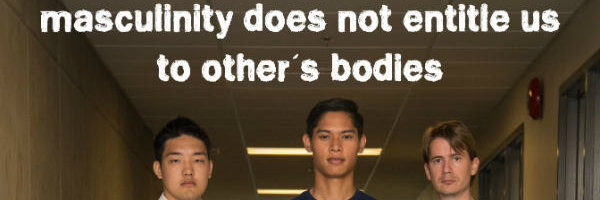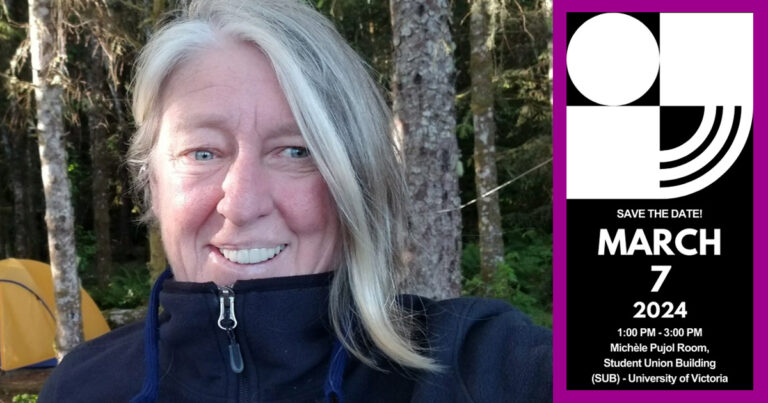Use the Right Words: media reporting on sexual violence in canada
When I found out that AVP and UVic had invited Farrah Khan to speak, I became very excited. Khan is one of the founders and creators of Use the Right Words, which is a research project and guideline for journalists and writers to report on sexual violence in Canada.
And, really, it’s an excellent resource for everyone.
The guideline comes with a series of checklists and tipsheets, including a Language Checklist (PDF) to help writers use best practices. For example, when you’re writing about sexual violence:
DO Use language that conveys that sexual assault is not sex, it is violence. e.g. “rape” or “sexual assault”
DON’T Use language that describes sexual violence as sex. e.g. “oral sex”, “sexual activity,” “kissing,” “sex that was forced,” “non-consensual sex”
The report is full of excellent advice like this and what I find fascinating is that once I start looking for these kinds of problematic phrases, I see them all over the place. The Winnipeg Sun, a Postmedia Newspaper, for example, reported a story this summer about a correctional officer who sexually assaulted prisoners at the Headingley Correctional Centre. The problem is that the article describes the assaults as “asking for sexual favours” in the lead paragraph:
A former Headingley Correctional Centre correctional officer has admitted to smuggling marijuana and other contraband into the jail in exchange for sexual favours from prisoners. – Winnipeg Sun, Postmedia, July 2016
But it’s not just newspapers that make these mistakes, of course. I can feel the well worn social scripts and cognitive biases of our rape culture built into my own brain. When we choose to resist those scripts and build new ones, we open a door to new ways of thinking about consent culture and we open a door to building a consent culture.
This is why, in part, I’m so thankful for organizations like AVP and Femifesto for continuuing to do the work they’re doing. The report and guideline came out in 2015 and I’m very curious to hear Khan’s thoughts about how it’s been received and how it’s helping shape the media landscape. Sometimes, when it comes to reports and guidelines, the uptake and implementation of best practices can take longer than we hoped for.
In the mean time, Femifesto continues to write about important topics. Here’s a recent interview: A conversation with Chanelle Gallant on media reporting on sexual violence and sex work.
As we all keep working to build a stronger culture of consent, I will keep reminding myself that it’s my practice that ultimately matters more than my understanding.








